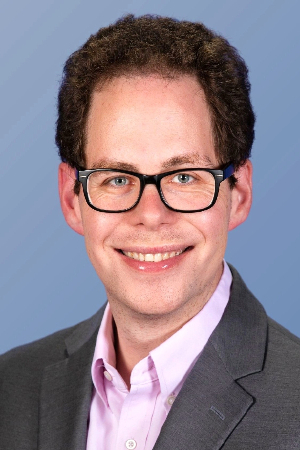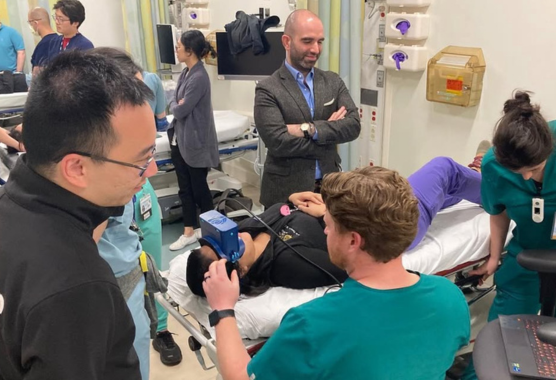The Neurology Department at UC Davis is offering a one year fellowship program in Movement Disorders.This fellowship program is designed to equip fellows with the skills necessary to embark on a career in movement disorders, neuromodulation, clinical care, and research. The goal of the fellowship is to provide a complete training experience in the diagnosis, evaluation, and management of the neurological disorders associated with basal ganglia dysfunction that are characterized clinically by disruption of normal movement or the production of involuntary movements. These conditions include: Parkinsonism and Parkinson’s disease (PD), Huntington’s disease (HD) and other choreiform disorders, generalized and focal dystonia, tremor, myoclonus, tics, chorea, gait disorders, functional movement disorders, and ataxia.
It is anticipated that fellows completing the program will seek appointments as junior faculty members at an academic medical center in the US, where they will be involved in movement disorders clinical care and participate in and/or develop a program of academic research in the field of movement disorders. However, they will also be well trained to take a position in the community to provide these skills to their patient population.
The fellow will also gain experience in the conduct of clinical trials through faculty membership in the Huntington Study Group and the Parkinson’s Study Group. Education requirements include participation in case conferences, research meetings, journal clubs, lectures, seminars, symposia, and monthly meetings with faculty mentors.
-
 Fellowship Program Director
Fellowship Program DirectorJon Snider, M.D.
Professor, Department of Neurology

